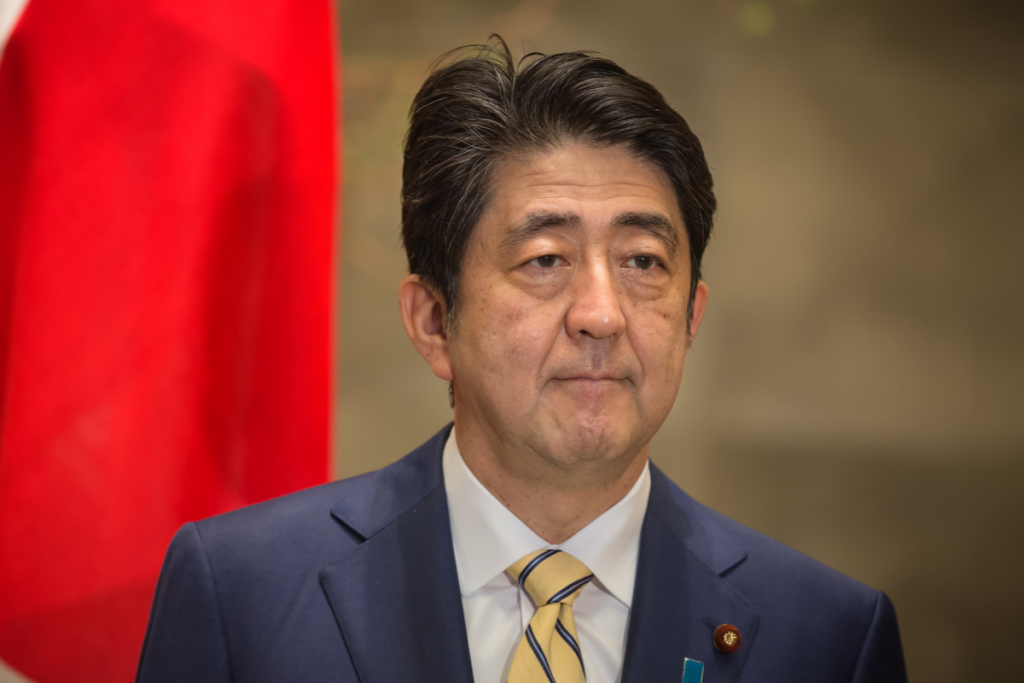After days of speculation of whether he would or wouldn’t, it has been just revealed that Japanese Prime Minister Shinzo Abe is set to resign. Public broadcaster NHK broke the news on Friday afternoon, just several hours prior to Abe’s scheduled press conference.
According to Japanese media and sources close to the government, the Prime Minister is citing worsening health conditions for his decision to step down. Abe has been suffering from ulcerative colitis for years. His condition allegedly worsened recently after working for 147 consecutive days due to the new coronavirus pandemic, which began spreading in Japan in late February.
Ill health was the reason behind Abe’s first resignation as a leader of Japan in 2007. At the time, he resigned abruptly after serving for a year plagued by scandals in his cabinet. Abe returned as prime minister for a rare second term in December 2012, during which he appeared in good health until recently when he was spotted visiting a major hospital in Tokyo on two occasions within a week this month. After the second visit, Japanese media began speculating whether he would be able to continue his term, which was supposed to last until September 2021.
In his second term, Abe pledged to revive Japan’s economic growth by establishing a series of monetary reforms and policies, dubbed altogether “Abenomics.” As part of his economic policies, Abe also pushed the so-called “Womenomics,” a strategy to boost Japanese women’s participation in the economy and build a society where women “shine.” The policy has been evaluated as highly unsuccessful, with specialist announcing that it will take a minimum of another decade before it’s achieved.
This Monday, August 24, PM Abe surpassed a record for the longest consecutive tenure as premier. The record was previously owned by his great-uncle Eisaku Sato who led Japan as prime minister from 1964 until 1972.
The public and opposition party have continuously criticised prime Minister Abe over his mishandling of the coronavirus pandemic, during which he introduced several tax-consuming solutions, including the distribution of two washable face masks dubbed “Abenomasks” and a ¥100,000 one-time payment to each household as a coronavirus temporary relief. Abe has recently seen a drastic support fall, one of the lowest on record during his nearly eight years in office.
This article will be updated with latest news after PM’s Abe’s press conference later in the day.









